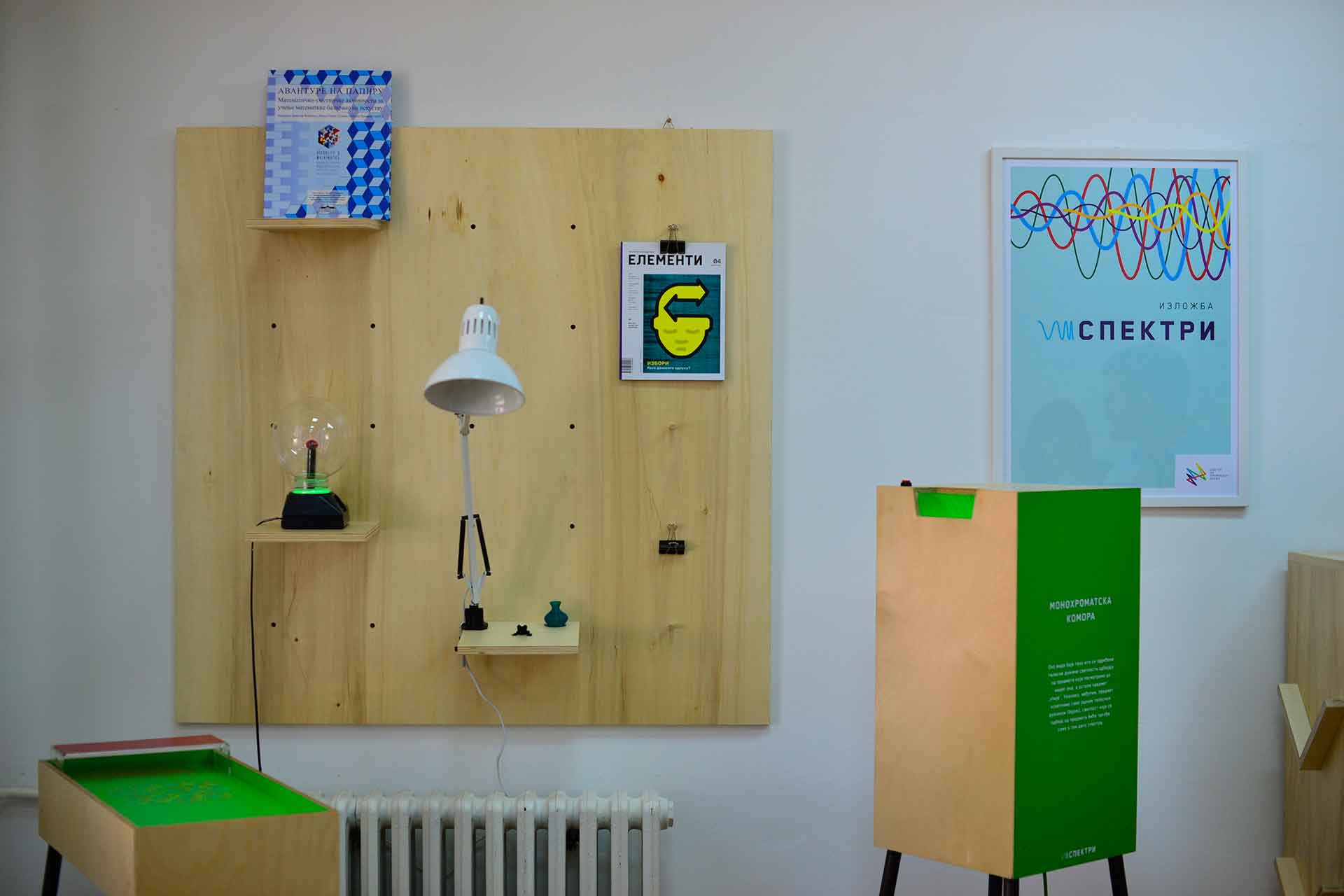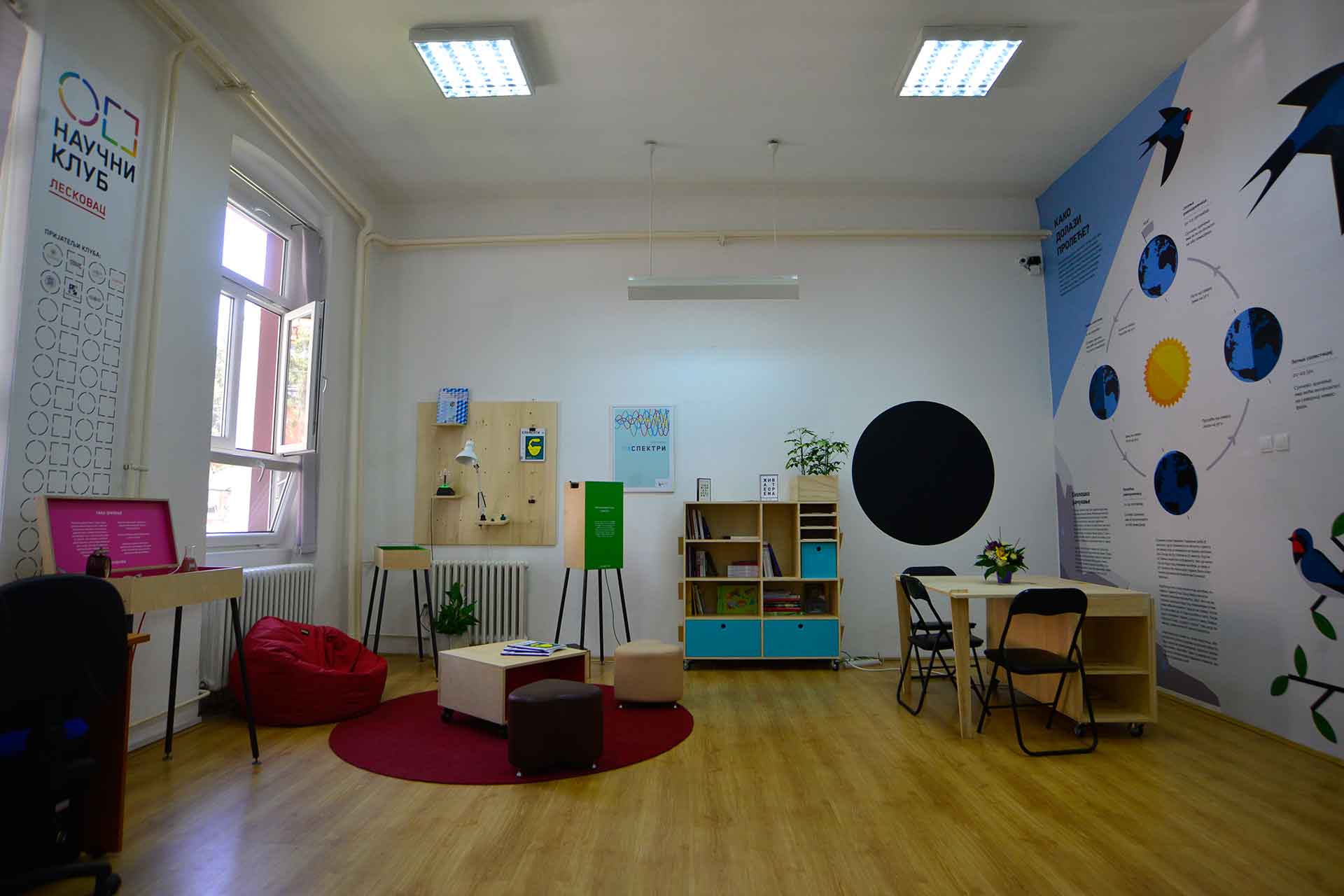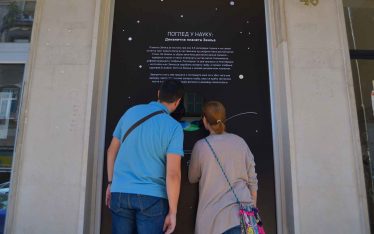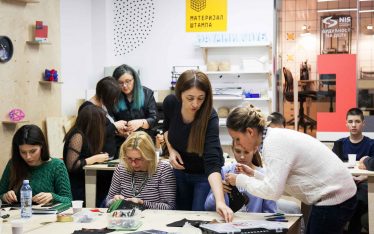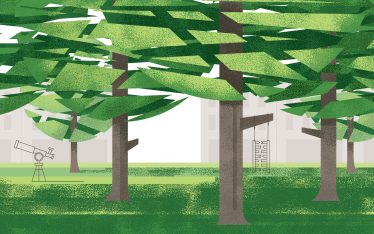ABOUT THE NETWORK
The CPN’S network of Science Clubs is spreading across 15 cities in Serbia. Out of these, 12 science clubs were opened in 2016.
The first club opened in Leskovac on 5 April 2016, followed by Čačak, Niš, Užice, Knjaževac, Kragujevac, Smederevo, Kruševac, Kikinda, Novi Pazar, Kanjiža and Šabac. In 2017, the Science Club opened in Belgrade, and at the end of the same year, we had a new opening in the village of Ranovac near Smederevo. The last in a row of science clubs was opened in October 2018 in Gornji Milanovac.
The first club opened in Leskovac on 5 April 2016, followed by Čačak, Niš, Užice, Knjaževac, Kragujevac, Smederevo, Kruševac, Kikinda, Novi Pazar, Kanjiža and Šabac. In 2017, the Science Club opened in Belgrade, and at the end of the same year, we had a new opening in the village of Ranovac near Smederevo. The last in a row of science clubs was opened in October 2018 in Gornji Milanovac.
Science clubs are situated on the premises of local vocational training centres, schools, kindergartens and libraries. Their network and the Center for the Promotion of Science, with the support of local governments, have thus jointly embarked on the activity of decentralizing the promotion of science.
Find more http://www.cpn.rs/nk/
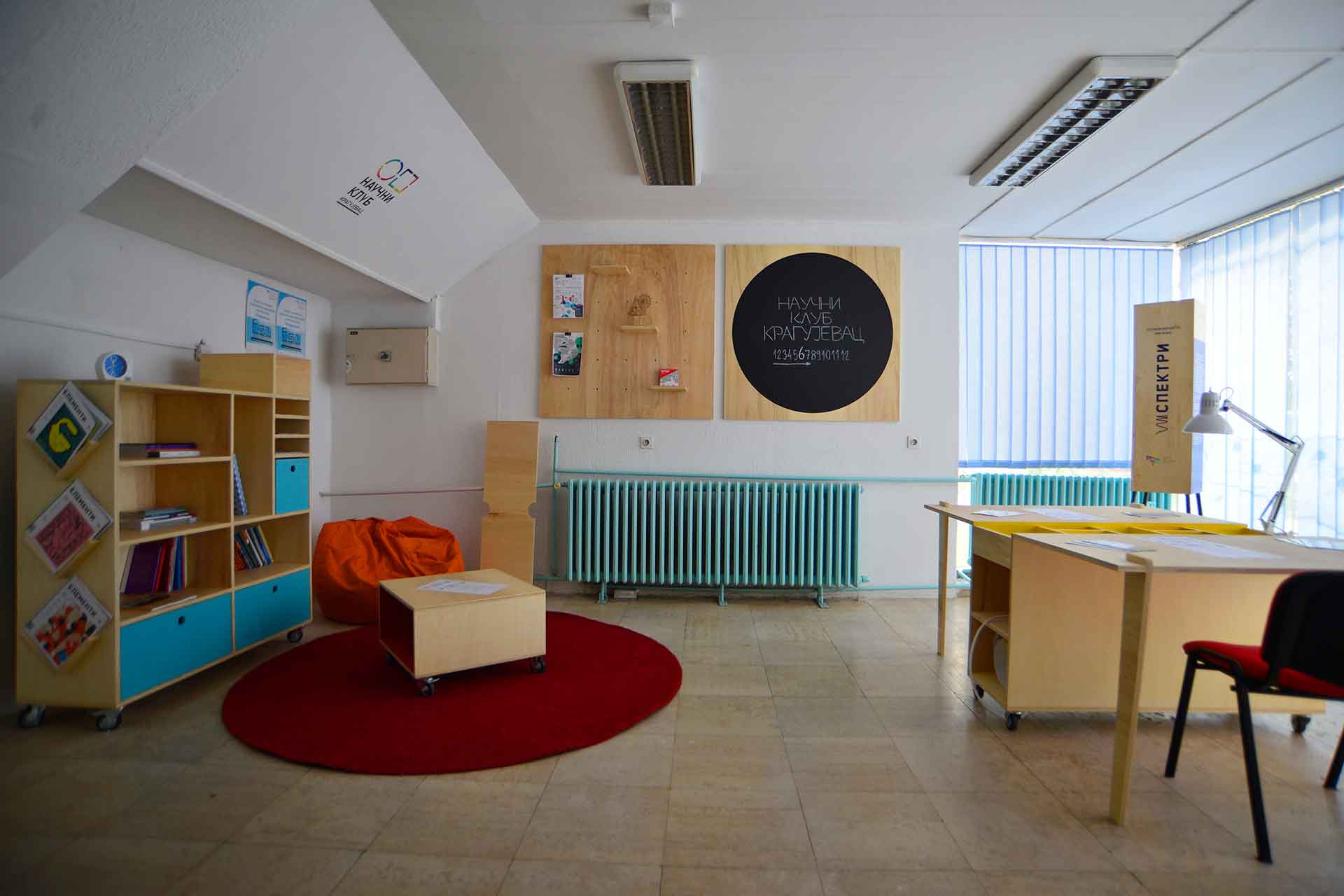
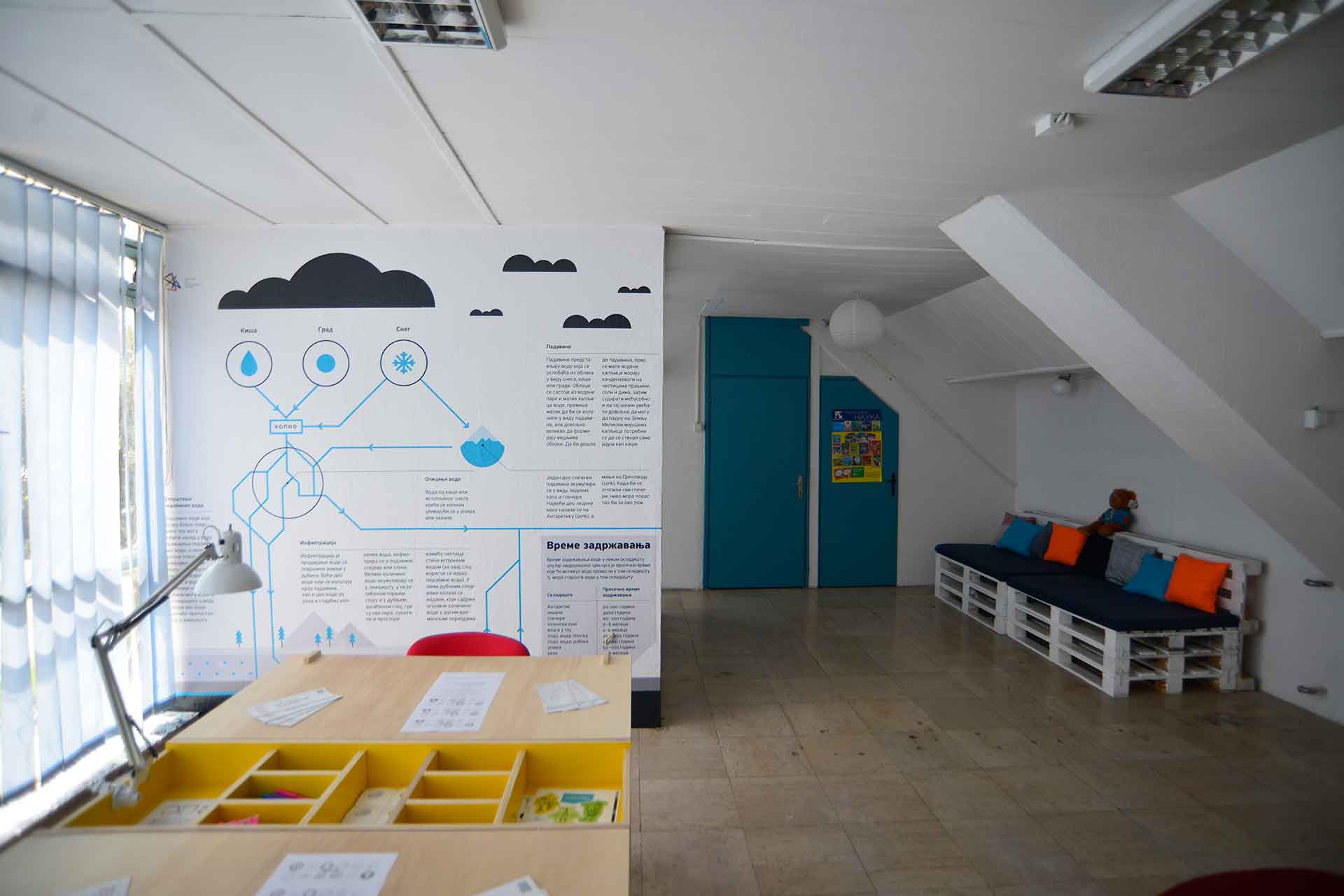
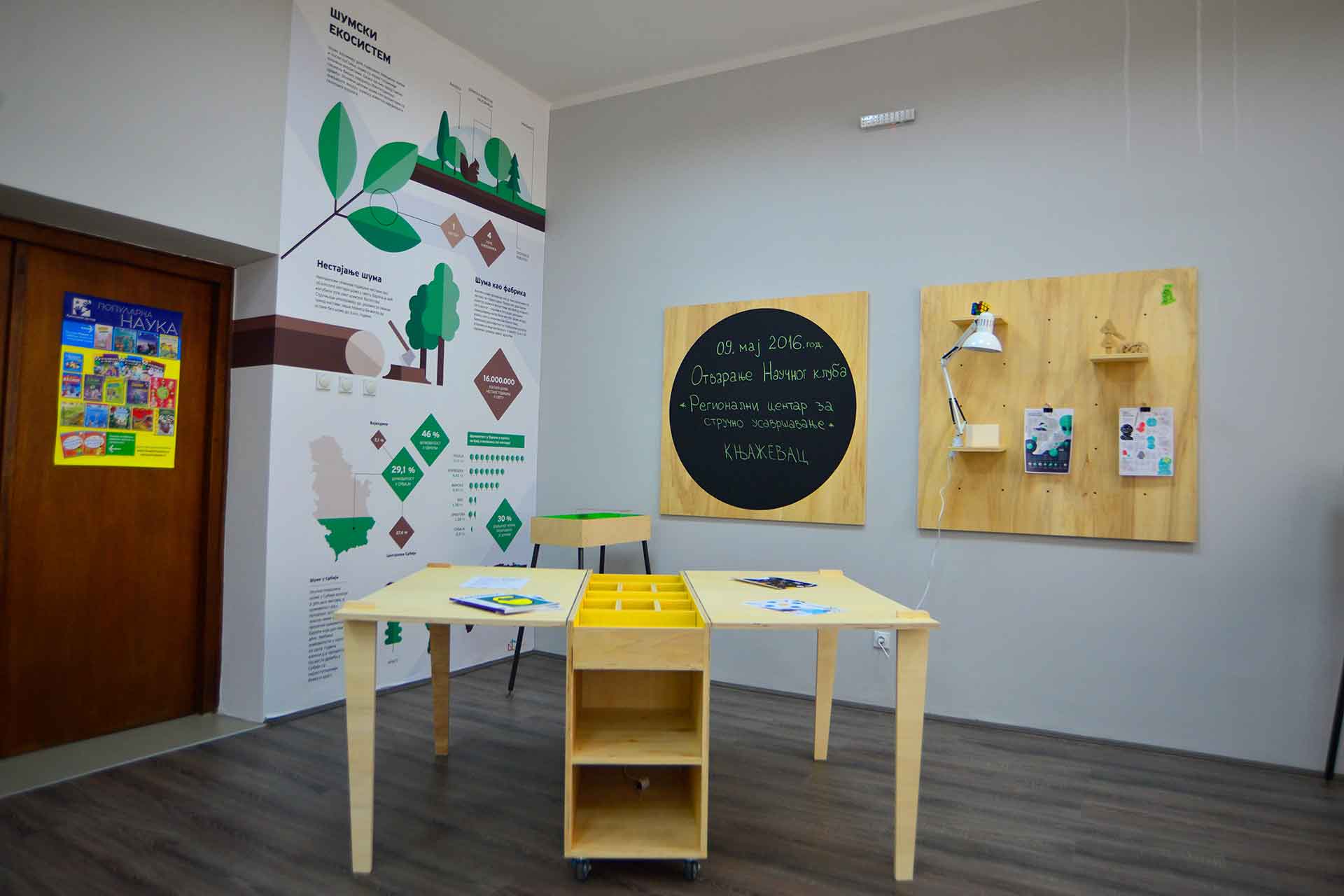
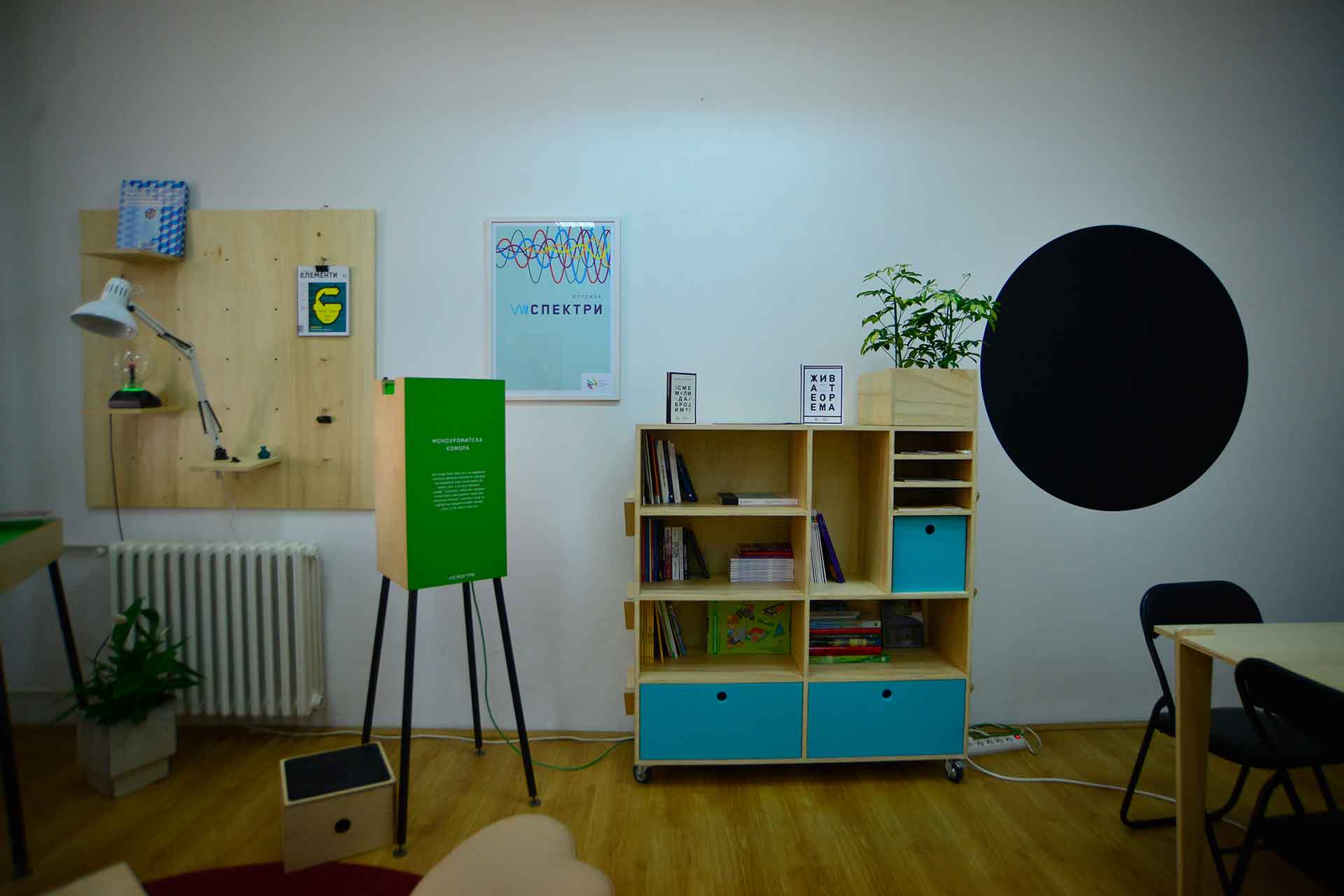
THE CONCEPT
Science Club is a concept developed at the Center for the Promotion of Science. The first club worked at 5 Knez Mihailova Street in Belgrade, from 2013 to 2015.
These are spaces primarily intended for students, but also for scientists and all other science enthusiasts. One of the main tasks of the club is to connect all those who find science interesting and important, regardless of age, level of knowledge and area of interest. Club membership is voluntary, and it is free of charge for students, teachers and academics.
The membership is open to scientific institutes, faculties, formal and informal associations dealing with science and the promotion of science. With the agreement of the club coordinators, the space is available to all members on an equal footing including the lecture room, the area for workshops and courses, as well as the space for independent work and informal gatherings.
THE IDEA
The Science Club is conceived as a place to learn and acquire knowledge in an informal way, through workshops, lectures and many other activities. Each of the science clubs in the 15 cities follows the same design and mode of operation. Each has a workshop space, a library and a creative break area.
There is a popular science programme organized at science clubs - workshops, lectures, forums. Over the years, science clubs across the country have participated in events such as May Month of Mathematics, Researchers’ Night, Plant Intelligence. Not only that, but by connecting these institutions, a network has been created which brings together scientists, researchers, students, local governments, industry and media representatives across the country.
